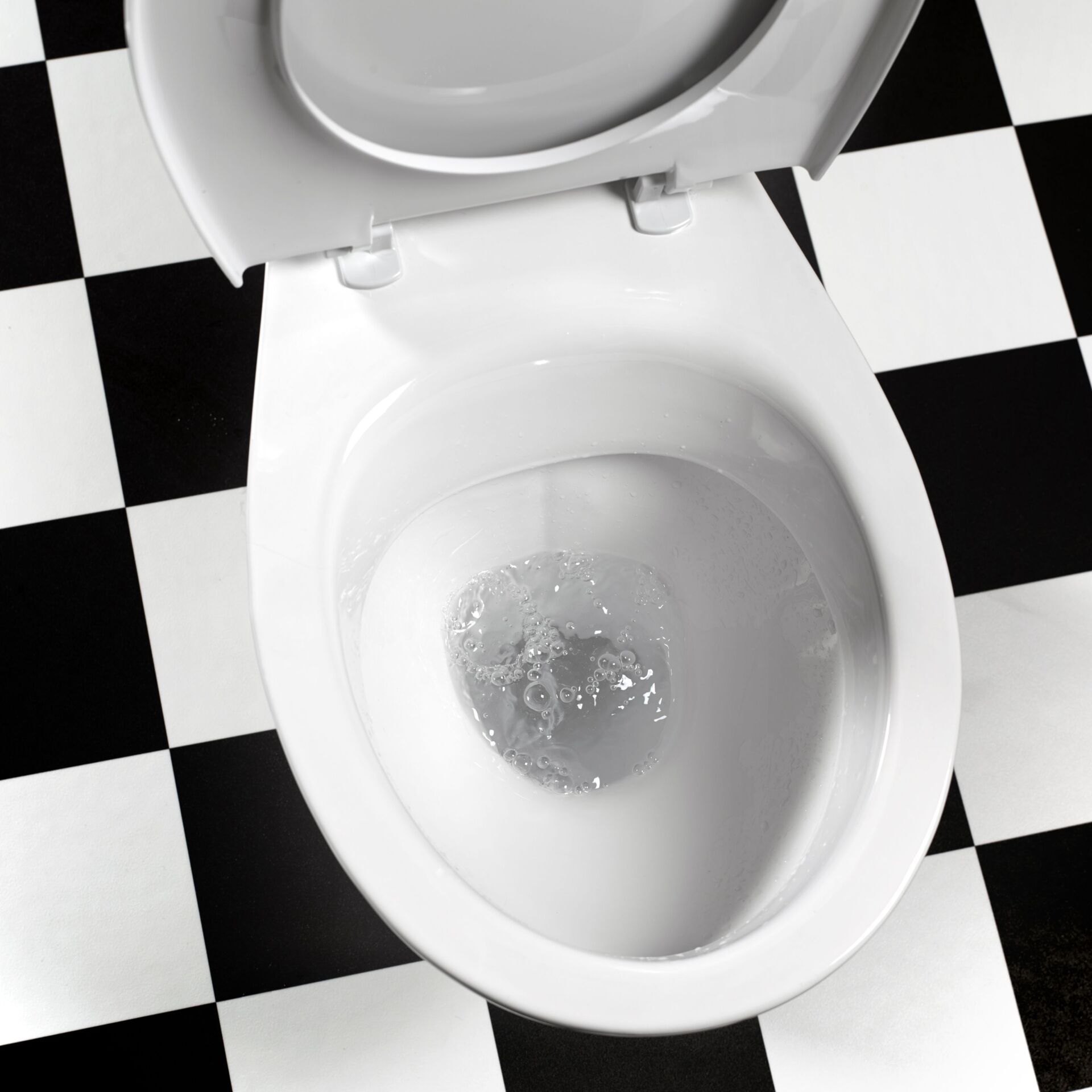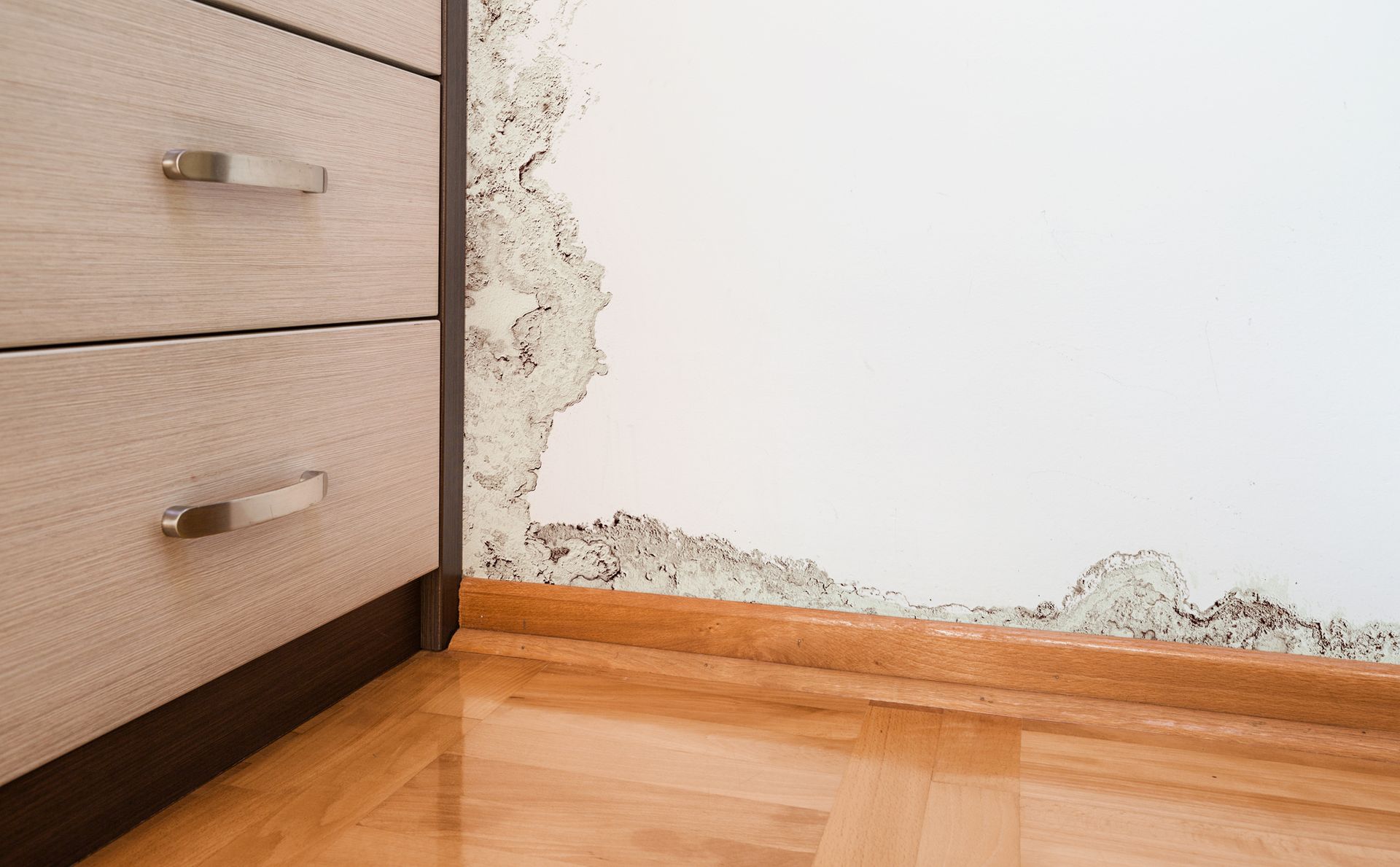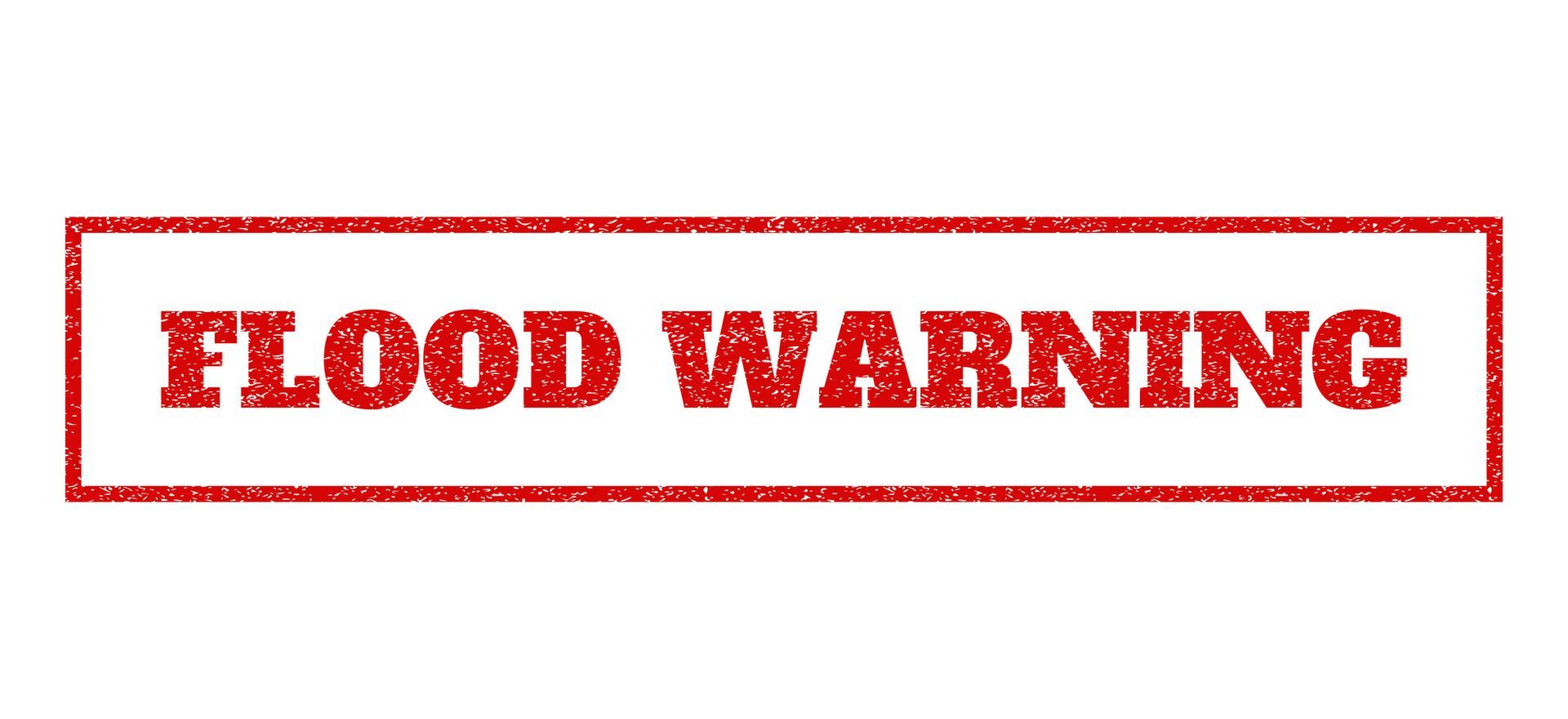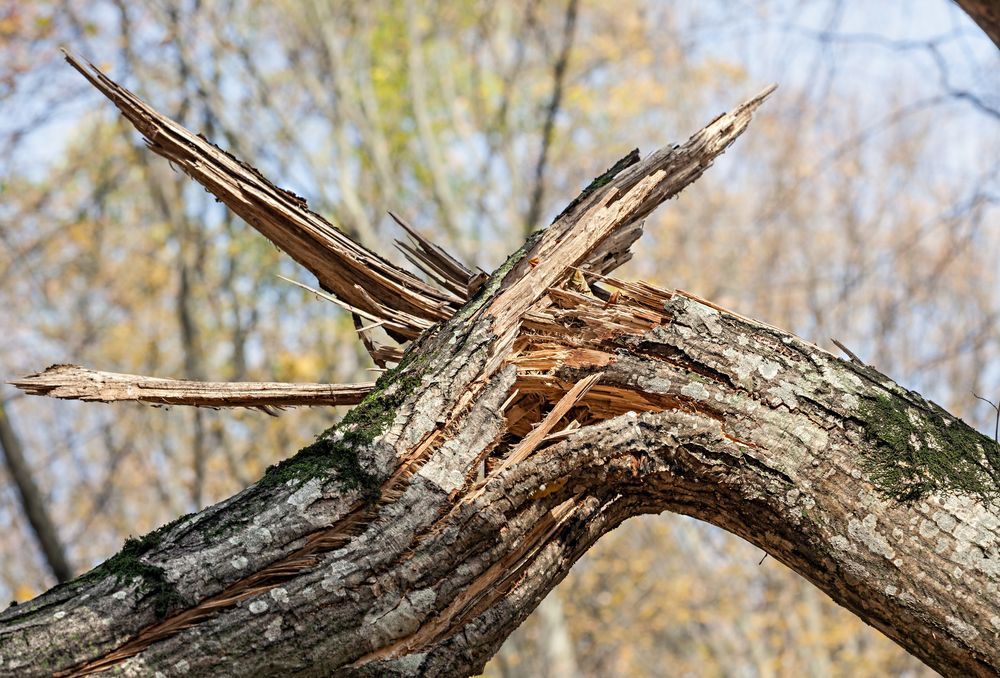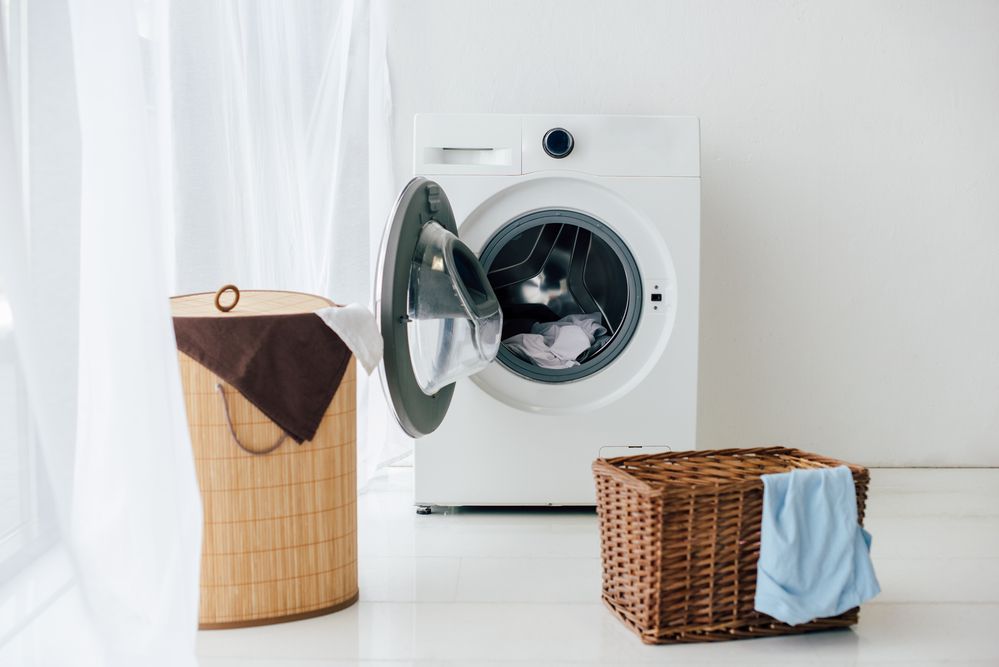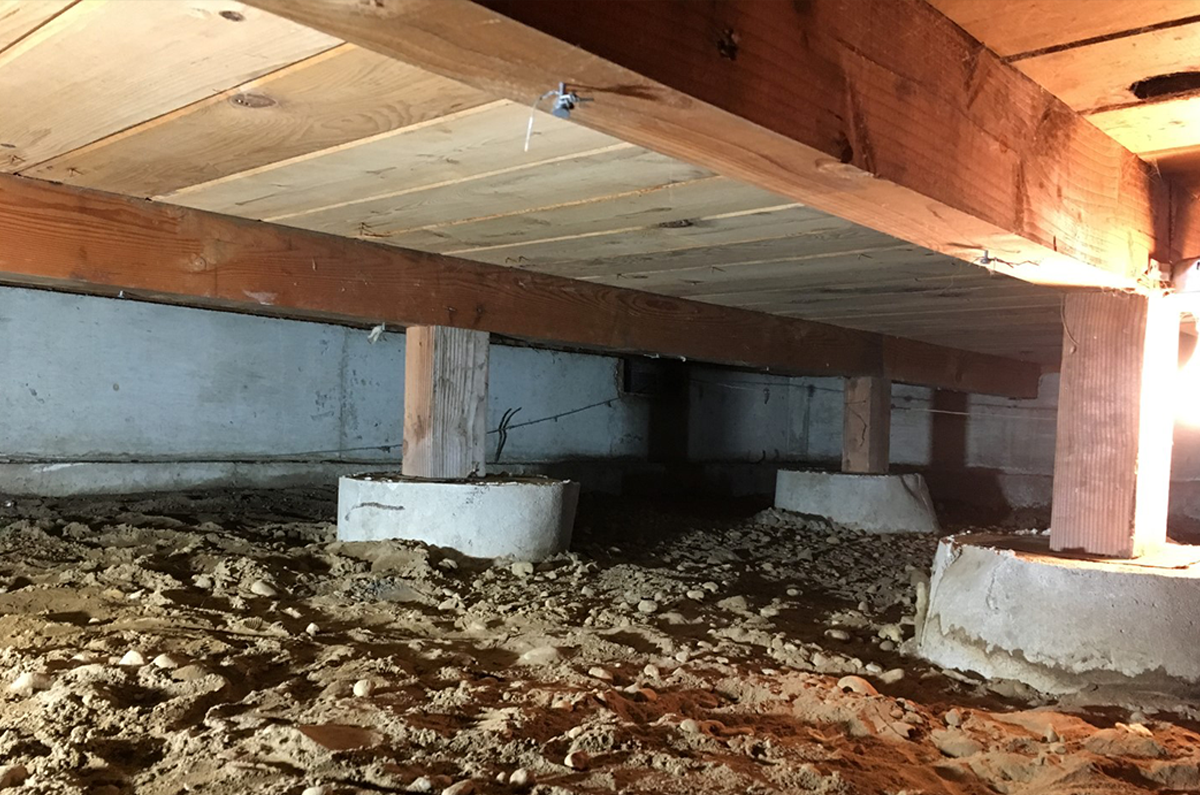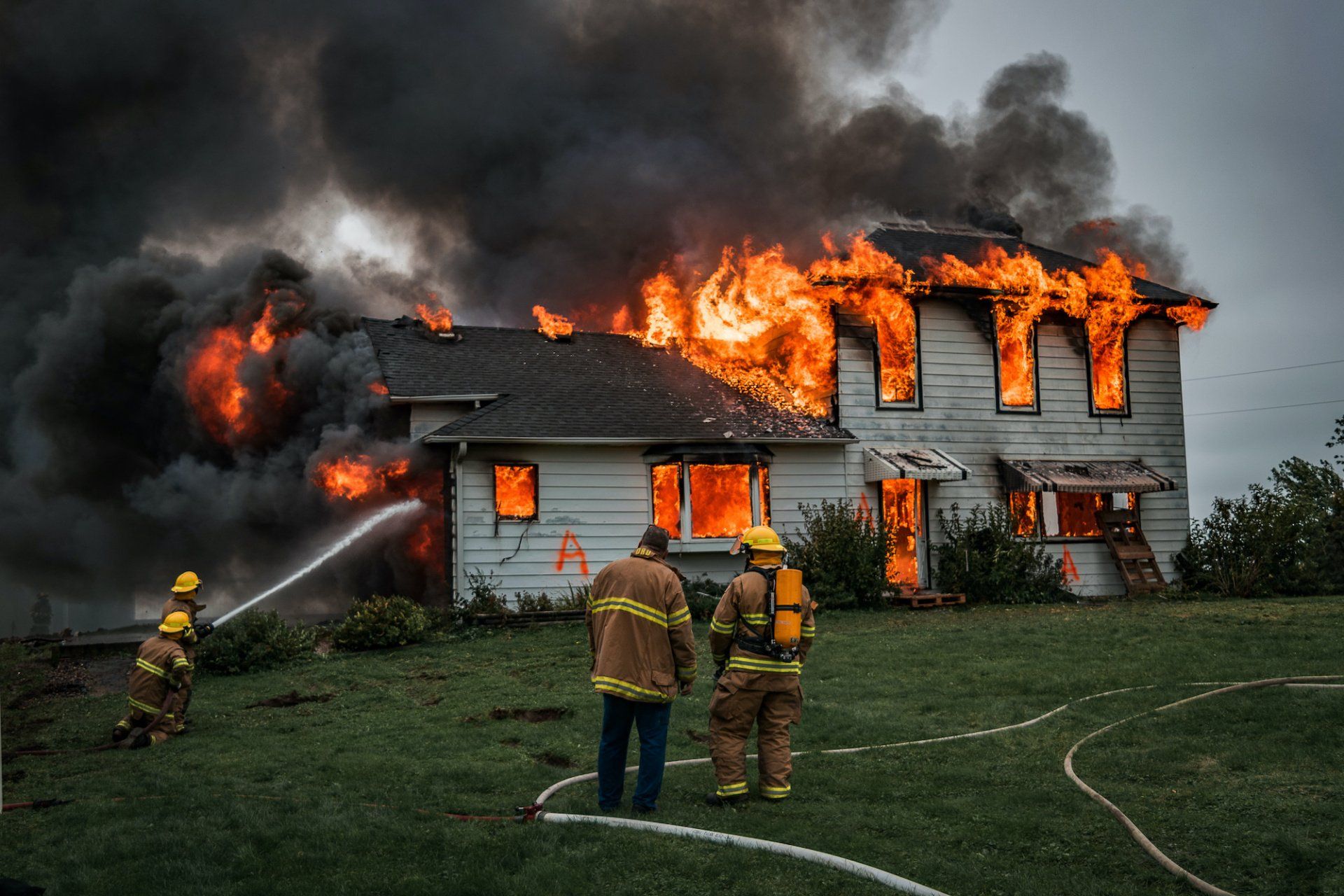How to keep families safe during floods
How to keep families safe during floods- Germantown, MD
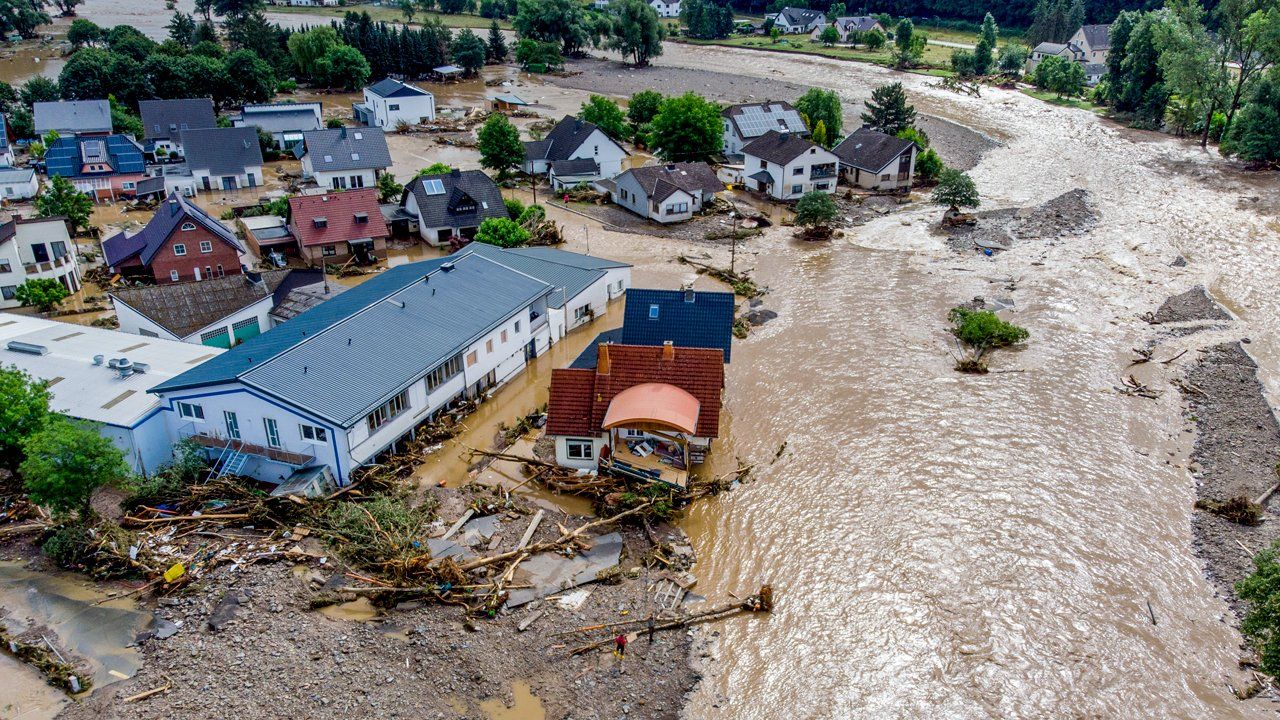
Flash floods can endanger you and your possessions. They can endanger the health and safety of those who come into contact with their hazardous fluids, whether they are created by bacteria, mildew, electricity, or rapid flowing streams.
Consuming tainted foods or beverages, for example, can put you at risk of illness. During a power outage, floodwaters can unwittingly create an outbreak of pathogens such as E. coli or salmonella in food. If you come into contact with floodwater, you run the risk of getting a skin infection.
The following are the most typical hazards that can occur during and after a flash flood in a home, along with advice on how to avoid them.
Before a Flood
Here are some actions you may take to protect your family and home in the event of a flash flood:
- Make a first-aid kit with first-aid materials, nonperishable food, a flashlight, batteries, and cash.
- Make a family communication strategy. Make an out-of-state relative or friend your "check-in" person.
- Recognize the flood threat in your area. Find out if your house is in a FEMA flood zone.
- If you live in a high-risk flood zone, turn up the heat on the air conditioner, water heater, and electrical panel.
- Examine your flood insurance policy's terms. Does it include the contents of your house? If you do not have flood insurance, you should obtain it as soon as possible because it takes effect 30 days after you acquire it.
During a Flood Watch or Warning
If a flood watch or warning is issued, take the following precautions:
- Keep a watch on the weather, both current and projected. For flood updates, tune in to local news or NOAA Weather Radio.
- Make a list of everything you need to do to organize your home. Move important items to a higher level. Watertight containers should be used to store valuables. Outside, grills and gas tanks, for example, should be guarded.
- Fill up your gas tank. Keep a full tank of gas in your vehicle in case you need to flee.
- Maintain a cash reserve. In case ATMs are unavailable, keep sufficient cash on hand.
- Make use of your family communication strategy. Check with family members to ensure that they comprehend what you're saying.
- You should have a good idea of where you're going. If local authorities advise you to, move to higher ground as soon as possible.
- If you must leave your home, disconnect all utilities at the main switches or valves. This will help to prevent future damage and safety issues.
- Go on a supply run. Make sure you have enough nonperishable food and water in your emergency bag to last at least three days.
- Contact your local authorities to find out where you can buy sandbags or other flood-prevention supplies.
- Keep a record of your vaccinations, or write down the year you got your most recent tetanus injection. Immunization records should be kept in a waterproof container.
- If you are unable to evacuate, move to the highest possible floor since floodwater rises quickly. If you need to reach somewhere quickly, go to the upper floor, attic, or roof.
For Water Damage Restoration, contact the flood cleanup experts at Restoration 1Germantown!
Flash floods are among the most damaging natural disasters. The aftermath of a flood can be just as dangerous as the flood itself. As a result, following these flood safety procedures and acting quickly is crucial.
Call Restoration 1 of Germantown for water damage restoration if your home has flooded. We have the knowledge and experience to remove water quickly and safely, returning your home to its pre-flood condition.
